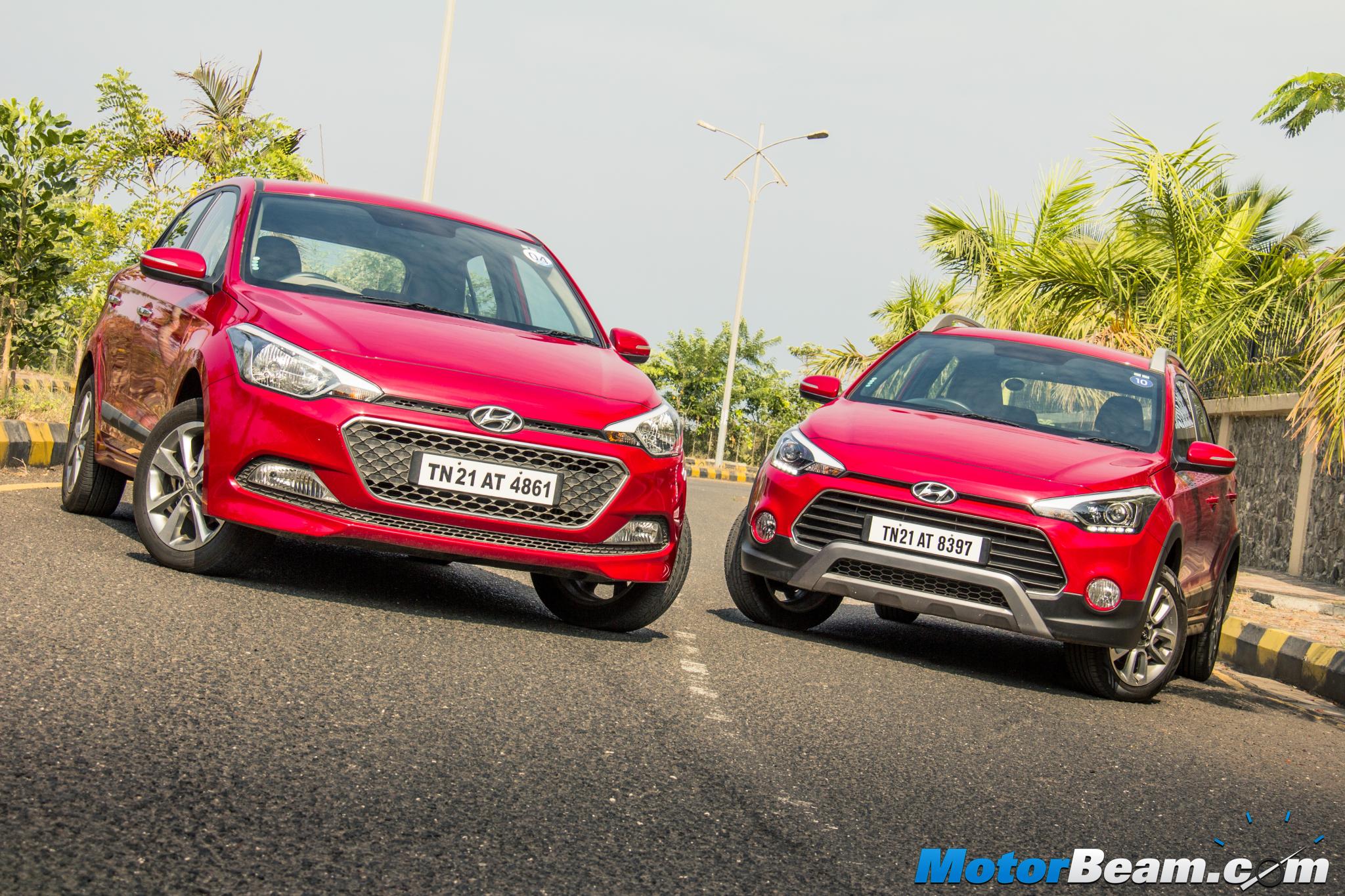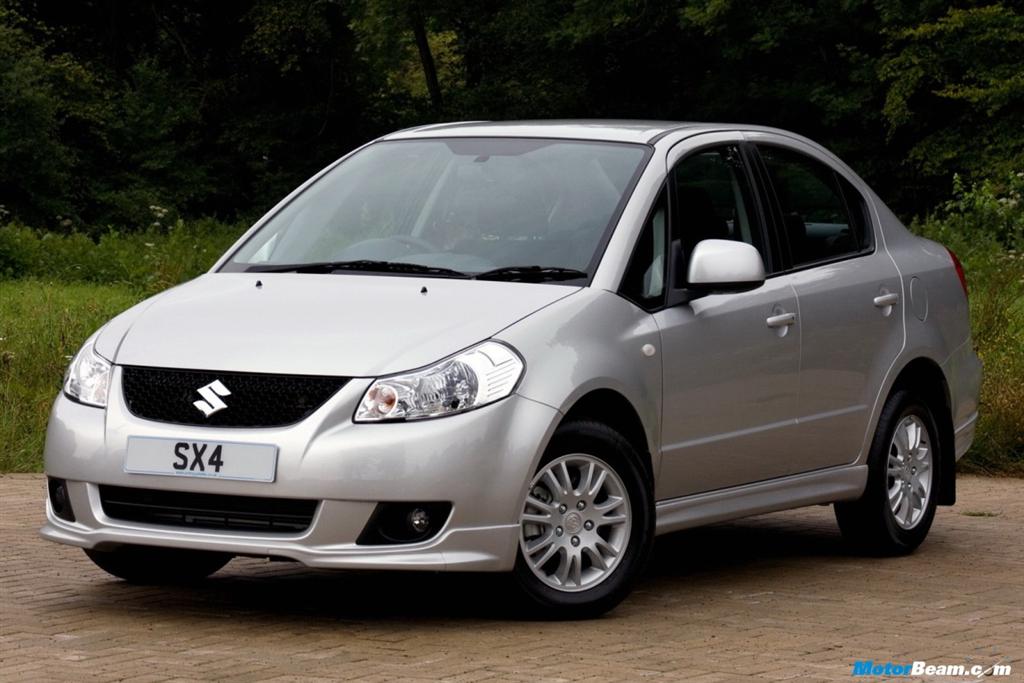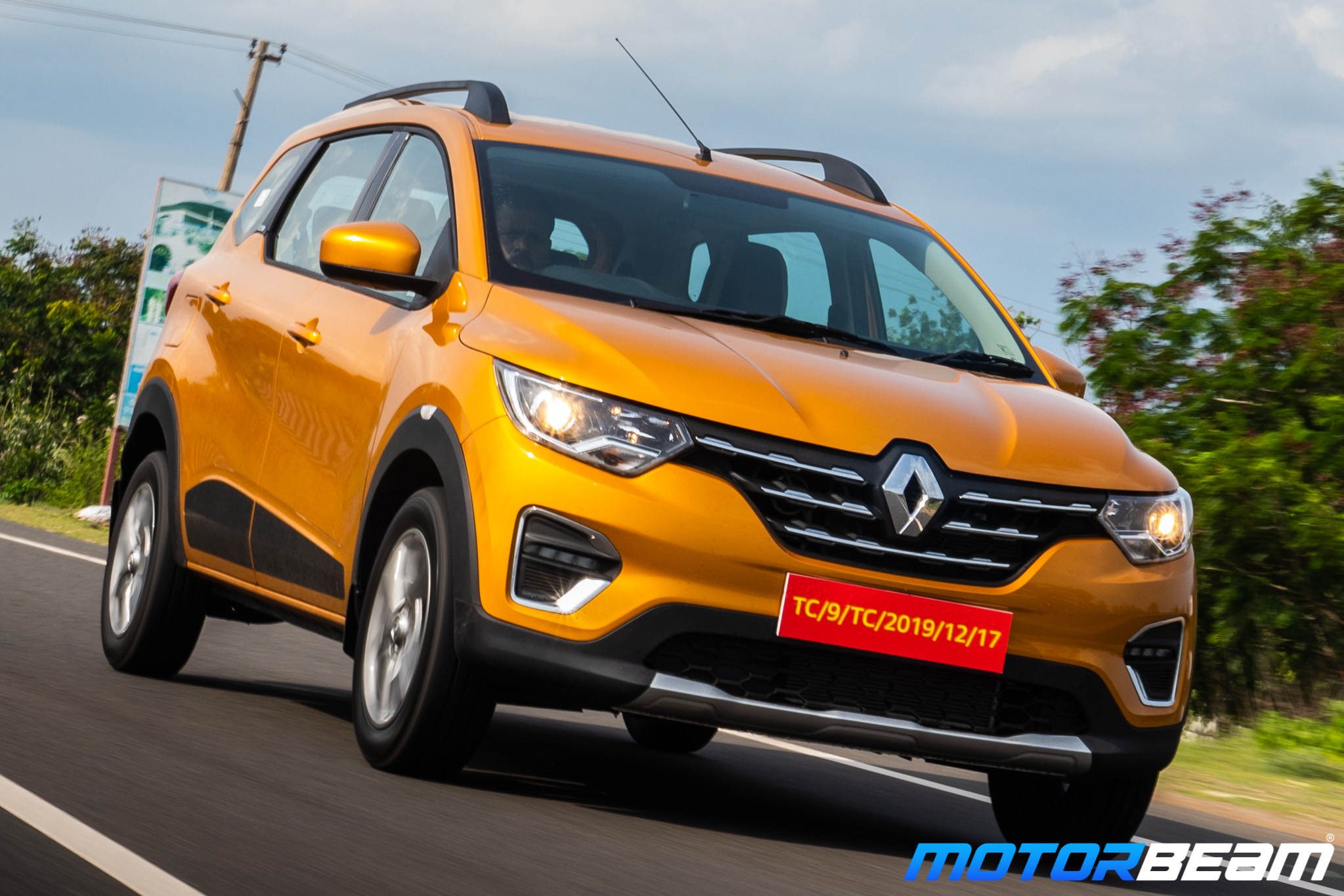Alphanumeric car names is the newest fad in the Indian auto industry with the cars appearing more premium and global with the number and letter mix up.

For the most part of the Indian auto industry, alphanumeric names were associated only with luxury cars (Germans to be precise) like a Mercedes, BMW or an Audi. These full imports back in the day meant spotting a BMW 325i or a Mercedes SL300 immediately gave away their premium stature to even those not very familiar with the brand. A concept that wasn’t explored in the domestic market until the previous decade. Indian vehicles were known to have alphabetical names with an exception being the Maruti 800, while even the Maruti 1000 was updated to ‘Esteem’. However, recent times have seen manufacturers adopt alphanumeric brand names for cars that have received great reception from Indian buyers. Ever wondered why the change in perception?
Well, there are a host of reasons as to why this otherwise western phenomenon has been gaining ground in India. For starters, automakers convey that from a legal point of view it is easier to secure brand names that are a mix of letters and numbers, which works beyond cultural and geographical barriers. The other most obvious reason is of course the best names are trademarked by companies. Apart from legal hassles, alphanumeric branding helps in creating a better differentiation between products within the parent company.
Case in point being Hyundai that has managed to successfully sell the i10 and i20 in India. Just a glance at the name and it becomes obvious that the i10 is the more affordable car here. Moreover, both the models are sold globally in most markets under the same brand name. In today’s automotive industry with modular platforms and parts sharing, alphanumeric branding allows automakers to create a progressive brand portfolio for the company.
For instance, BMW’s sub-brand ‘i’ makes way for the i3 and i8, with both very different models sharing the same properties of the mother brand. Even Hyundai’s ‘i’ lineup extends up to the i45 (Sonata in India) internationally with all company vehicles sharing the same Fluidic sculpture design philosophy. But it’s just not international carmakers that have resorted to using alphanumeric branding on their cars in India. Mahindra says its research had showcased that Indian consumers appreciate alphanumeric brand names.
For its first global SUV, the XUV500 (the company chooses to call it XUV 5 double oh!), Mahindra opted for this branding strategy and is now replicating the same with the upcoming TUV300 as well. But it’s not just the numbers that create product segmentation. Letters have proven to have association with certain qualities and appear to be stronger than the others. Hence the ‘X’ in XUV denotes the qualities of sports, youth, passion, while the ‘T’ in the TUV stands for tough denoting rugged and masculine properties. The new generation of aspirational buyers find alphanumeric brand names more premium on vehicles, thereby improving brand perception.

Source – EconomicTimes.com




